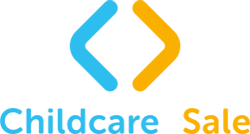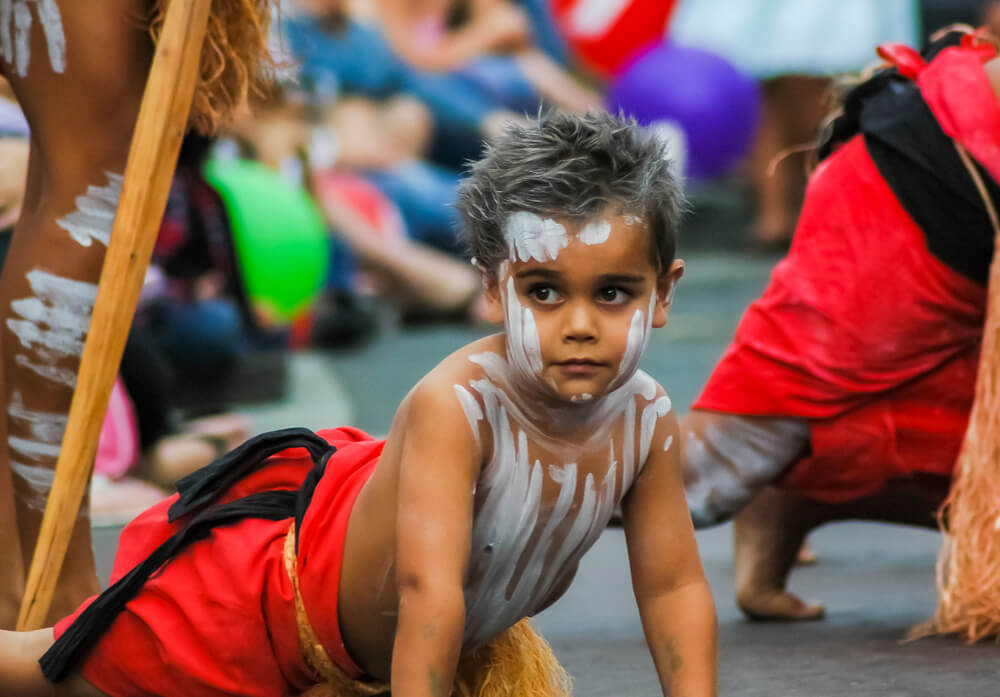The early childcare education industry has welcomed the announcement of significant funding and partnerships aimed at improved school readiness amongst First Nations children.
Lincoln Bridge Tweet
The $43.9 million commitment – confirmed in the Federal Budget announced in October 2022 – will increase the number of subsidised childcare hours by 50% per fortnight for Indigenous children.
It will also see the Early Childhood Care and Development Policy Partnership established between the Australian and State and Territory Governments and Indigenous representatives to help determine the best policies and programs for the success of First Nations students into the future.
One of the key issues being addressed is the declining levels of school readiness amongst younger Indigenous children, as highlighted in the Closing the Gap Plan.
From July 2023, the number of funded ECEC hours for First Nations families will be lifted from 24 to 36 per child, per fortnight. By decreasing barriers and improving accessibility, it’s hoped that more First Nations families will enrol their children into high-quality early childcare, where they will be supported through quality, play-based learning to develop key psychological and school readiness skills.
Peak industry bodies including Early Childhood Australia (ECA), the Australian Childcare Alliance (ACA), The Parenthood, and Early Learning Association Australia agree the increased subsidies are a significant step in the right direction.
Australian Childcare Alliance (ACA) President Paul Mondo said the shift recognises the immediate need for affordable and accessible high-quality ECEC.
“Increasing the rate of the Child Care Subsidy (CCS) is a really positive outcome for Australian families who are already struggling with the rising cost of living,” he said.
“Removing the barriers to high-quality Early Childhood Education and Care for children from disadvantaged and vulnerable backgrounds has always been a priority for the ACA.”
Peak non-government body for Aboriginal and Torres Strait Islander children SNAICC says First Nations children are currently twice as likely as other children to be developmentally vulnerable upon commencing school, with improved access to high-quality early education offering the best opportunity for improved outcomes.
SNAICC Chief Executive Officer Catherine Liddle says Aboriginal and Torres Strait Islander participation in early childhood education and care is significantly lower than in other communities.
While most Indigenous children are enrolled in preschool learning the year before formal schooling, more and more are continuing on to primary school while developmentally vulnerable, particularly in rural and remote locations, she says.
“This demonstrates pretty clearly that focusing just on children being enrolled in preschool isn’t working for Aboriginal and Torres Strait Islander children.
“All the evidence shows that we need to focus earlier on children aged 0-3. It’s those first three years that are so critical to setting children up for the best start in life.”
ECECs are credited with providing young children of all backgrounds with a unique and highly beneficial balance of independent play, quality supervision and age-appropriate learning at a pace that suits their interests. As a result, children learn literacy and numeracy skills, develop self-confidence, enhance cultural awareness, build strong communication skills and increase their emotional intelligence and creativity.
“All Aboriginal and Torres Strait Islander families should have fair access to culturally safe and holistic services that consider the unique socioeconomic and education circumstances of their communities,” she said.
Minister for Indigenous Australians Linda Burney says the new initiatives will support young Indigenous children well into their schooling and beyond.
“Getting Indigenous children into early education will benefit them for the rest of their lives,” she says.
“This is a practical measure directed to closing the gap in an area where we are going backwards. It will make a difference to Indigenous children across the country.”
In 2018, 86.4% of Indigenous four-year-old’s were enrolled in early childhood education compared with 91.3% of non-Indigenous children.
The Closing the Gap Plan seeks to see 95% of Indigenous four-year-old’s enrolled in quality ECEC by 2025.
Selling A Childcare Centre
If you’d like to book an appraisal, you’re welcome to contact Lincoln directly on 0424 370 025, or Andrew Urquhart on 0408 439 762.
You can also register your interest as a seller for more information about the sale process, appraisals, and your profit potential.






